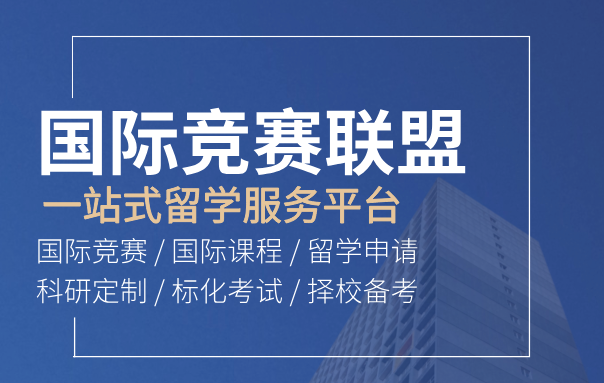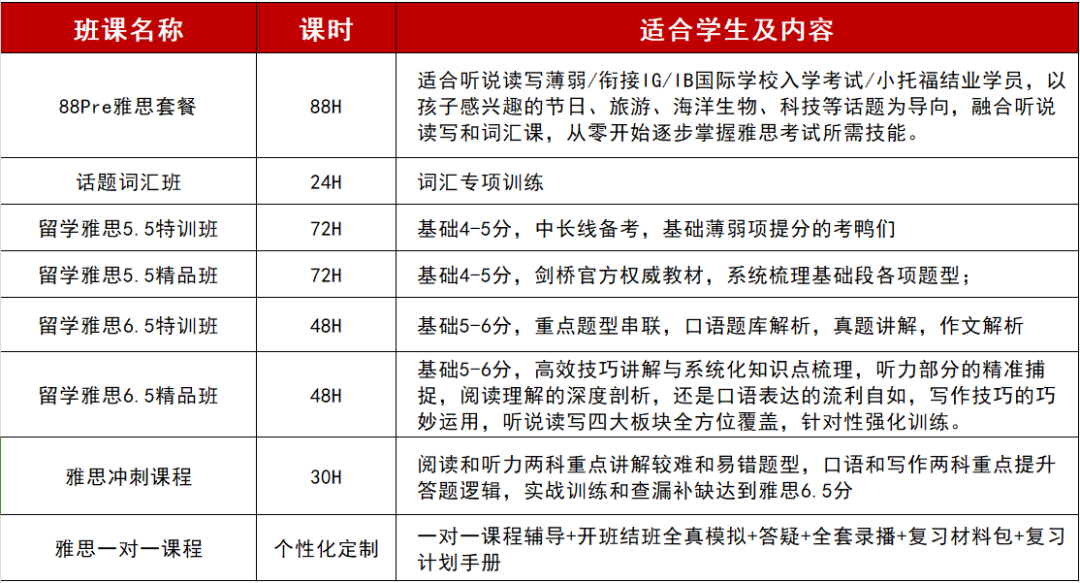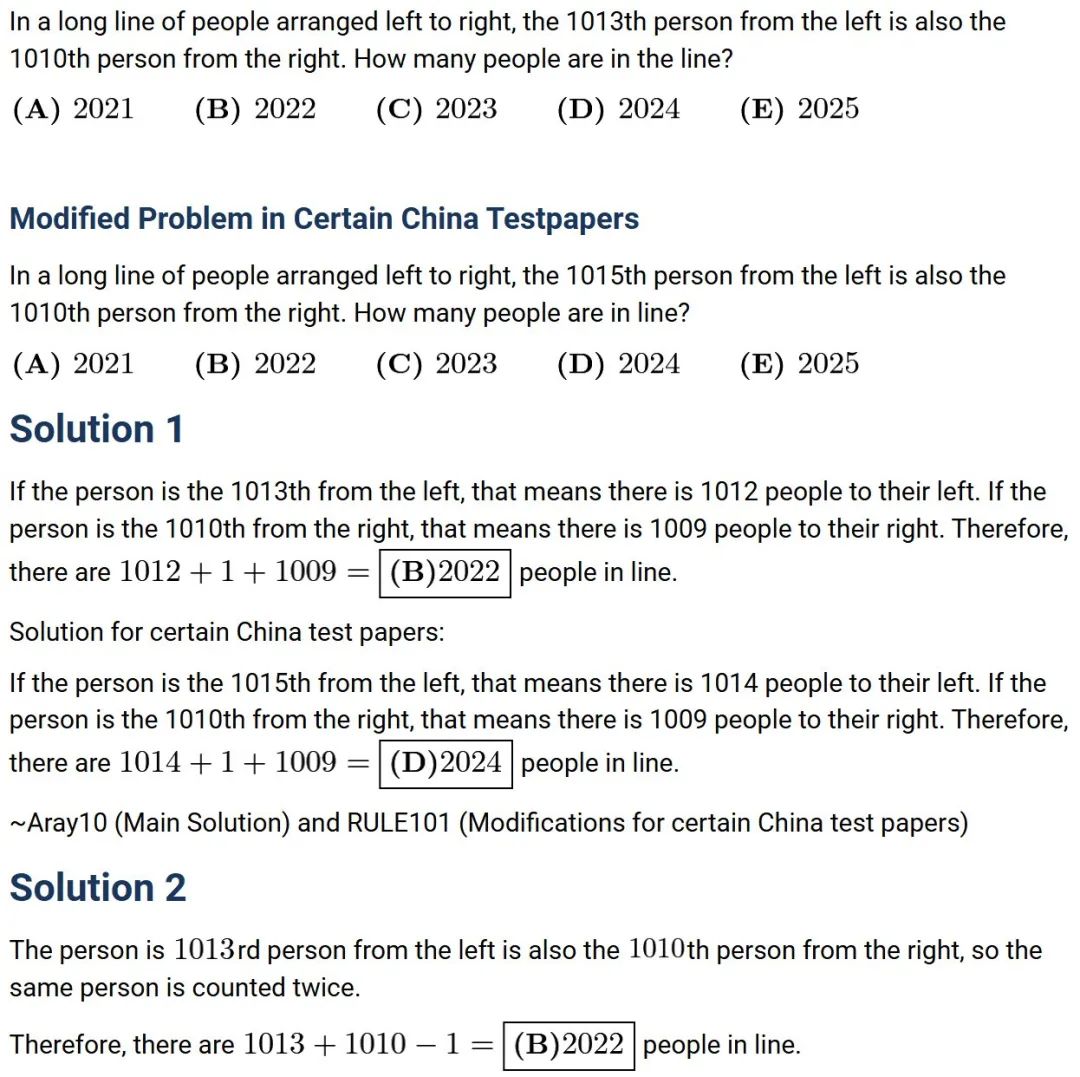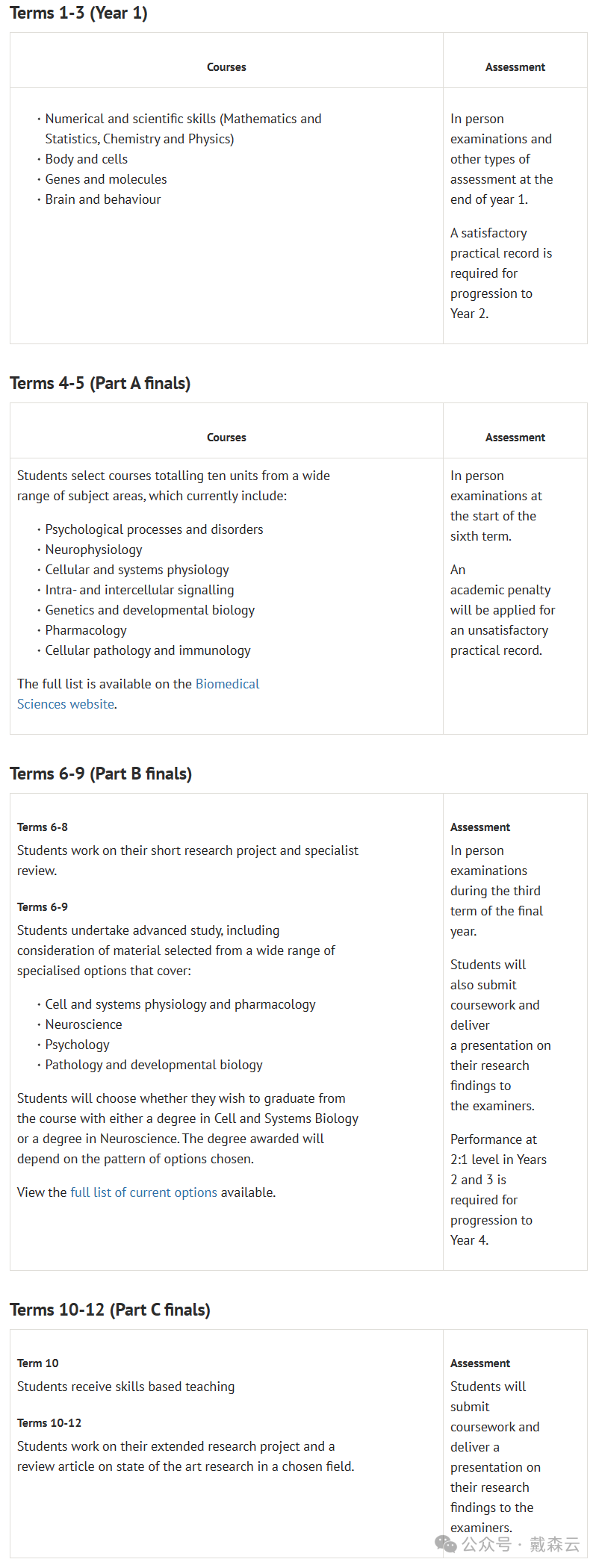暑期赛临近,大家翘首以盼的WSDA暑期辩题解析终于新鲜出炉啦!
在开始分析之前,让我们按“老规矩”先来回顾一下今年的WSDA暑期辩题:

相信不少辩手对于这道辩题,都有如下感受: 乍一眼看上去简单平常 然而要真正下手拆题却发现 它缺少了一个框定讨论范围的前提条件
这也导致大家在做research时难免感到无从下手,那么,我们应该在什么样的范围下来讨论这道辩题?
又可以从哪几个角度入手呢?今天就让Coach Jim来为大家提供一些解题思路吧!


This summer’s national topic is about whether drug patents should be abolished.Veteran debaters should be very familiar with this subject area as NHSDLC had a topic debating the harms and benefits of patents in general, and patents surrounding medication werea huge part of the topic. However, there is a huge difference between a policy debate and a harms/benefits debate. Something that is more harmful than beneficial is still necessary either because there are no better alternatives that exist, or that the consequences of enacting a certain policy would even have worse outcomes than the status quo.
For debaters who didn’t debate that topic, a “patent” is defined by the Cambridge English Dictionary as “the official legal right to make or sell an invention for a particular number of years”.

For drug patents, the length of the patent rights varies by country.In the United States, itis around 20 yearsbut can be increased or shortened due to a variety of factors. This essentially grants a pharmaceutical company a monopoly over the medication which critics argue about the latter’s power to limit access over the drug for many, especially individuals living in poverty.
Policy topics usually require an “agent”—also known as an actor—that would carry out this policy. This could be a governmental organization such as the United States, China, or the European Union, or a non-governmental organization likethe World Trade Organization, that regulates and adjudicates trade disputes between nations. This helps balance the debate, as it either narrows the debate down to whether anNGO like the WTO could be able to enforce the abolition of patents or limits the scope of the debate to a specific region and increases the clash of the debate. Without a specified agent, someone on the PRO side could argue that abolishing drug patents in Zimbabwe would be good while the CON argues that abolition would be harmful in Brazil, ultimately limiting the clash of the debate.
However, the committee that came up with the wording of the topic decided to omit an agent. My suggestion for a less messy debate would be to avoid using specific countries as an example and instead debate about whether a utopian society would have drug patents or not.
There are many varied approaches that debaters can take on both sides of the topic on both utilitarian and deontological grounds. Hereare afew ideas forbeginning research:

1️⃣ Increased Accessibility
Abolishing patents would not only lower the prices of medication, but it would also increase the supply of medicine due to allowing multiple companies to produce medication. This especially benefits lower-income countries that drug companies often neglect due to a lack of profitability.
2️⃣ Public Funding
A significant amount of funding for research and development for medication comes from the public sector. Drug companies often work with public universities and hospitals to develop medicine. Many would argue that it’s unfair that taxpayers are subsidizing companies that reap massive profits.
3️⃣ Consolidation
Drug patents incentivize pharmaceutical corporations to buy smaller companies or merge with other large corporations to obtain their patents and eliminate potential competitors. This stifles innovation and harms the economy as workers often get laid off after mergers and acquisitions.
4️⃣Promotes Knowledge Sharing
Removing the barriers that drug patents currently create would lead to more collaborative efforts in the international medical community to work together and share data across borders, which can help in the time of an international medical emergency such as a pandemic.
5️⃣Alternatives Fail
Current alternatives like the World Trade Organization’s provisions such as compulsory licensing often fail due to the power of big pharma and advanced countries’refusal to comply with the WTO’s ruling, undermining their legitimacy.

1️⃣Innovation
Abolition of drug patents would remove the incentive of the private sector to develop new medicines. The process of developing new drugs is costly and risky because for every successfulmedication developed, there are countless failed attempts. Without the ability to cover these costs, companies would become more conservative and risk-averse.
2️⃣Economic Harms
Absence of this incentive to develop new drugs, companies would significantly cut their budgets for not only research and development, but also marketing, public relations, and other areas. This would have adverse effects on the economy, especially when it comes to unemployment.
3️⃣Private Sector Good
In many cases, the public sector neglects essential research. A famous example is Dr. Katalin Kariko, the 2023 Nobel Prizewinner who invented the mRNA technology behind Pfizer and Moderna’s COVID vaccine. UPenn ignored her research for nearly 20 years, demoted her, and cut her pay because they couldn’t see the value of her research. It wasn’t until she left and joined the private sector that she was able to achieve her goals.
4️⃣Intellectual Property Rights
Drugs aren’t any different from other technologies covered by patents. The goal of patents is to incentivize and reward creativity. It would be morally wrong notto allow the people who worked hard to create an essential medication to reap the rewards of their hard work.
5️⃣Better Alternatives
There are already plenty of alternatives that solve the harms that the PRO side will raise, such as price controls and subsidies to lower the high price of medication or improving the compulsory licensing system to increase access to lower-income nations.
In conclusion, the main controversy of the debate is around the need to find a balance that encourages innovation while ensuring that essential medicines are accessible to those who need them most, especially in areas that are currently neglected. There is no easy way to solve this problem in the current world, and if there was, we wouldn’t be debating it!













